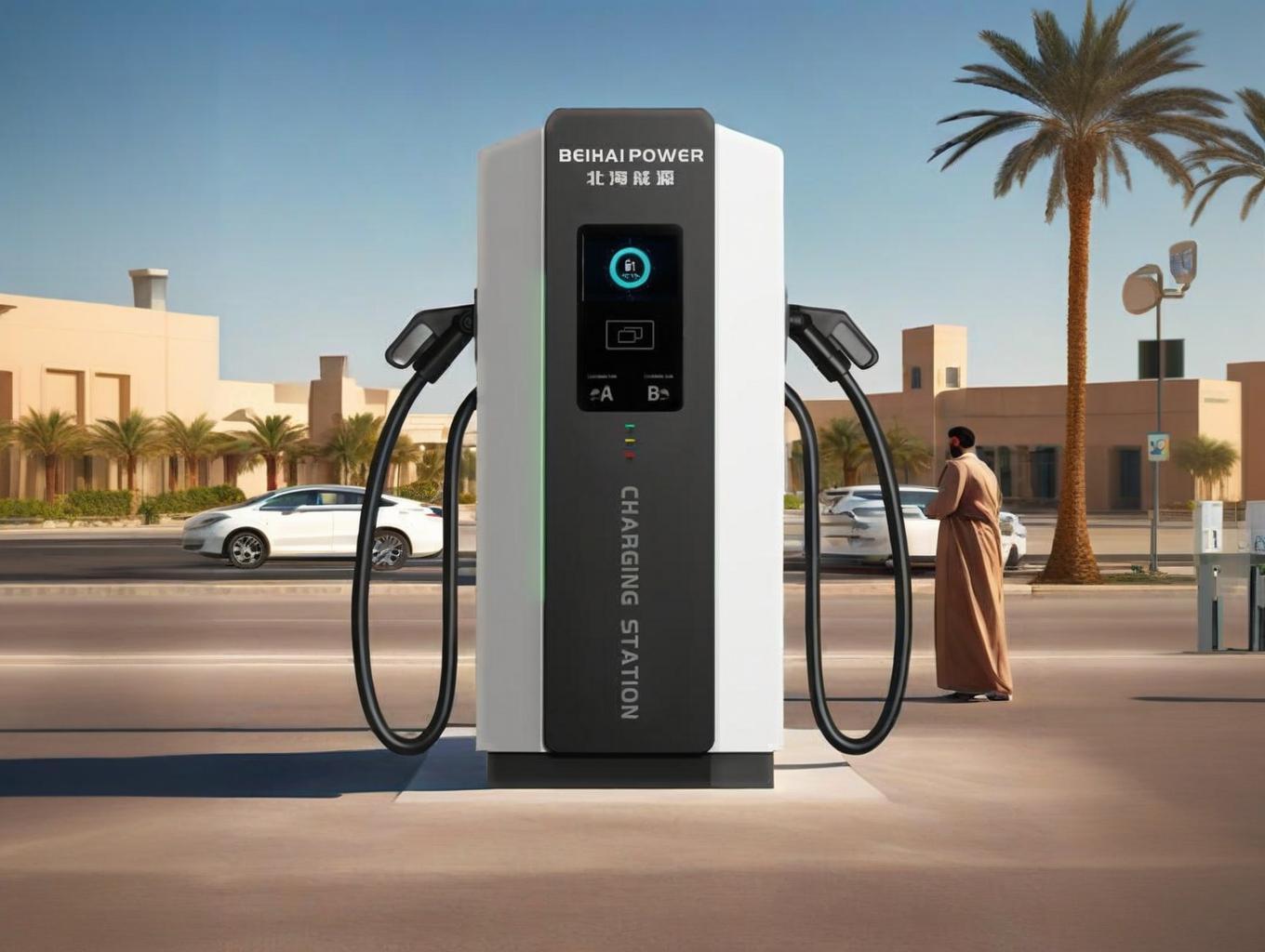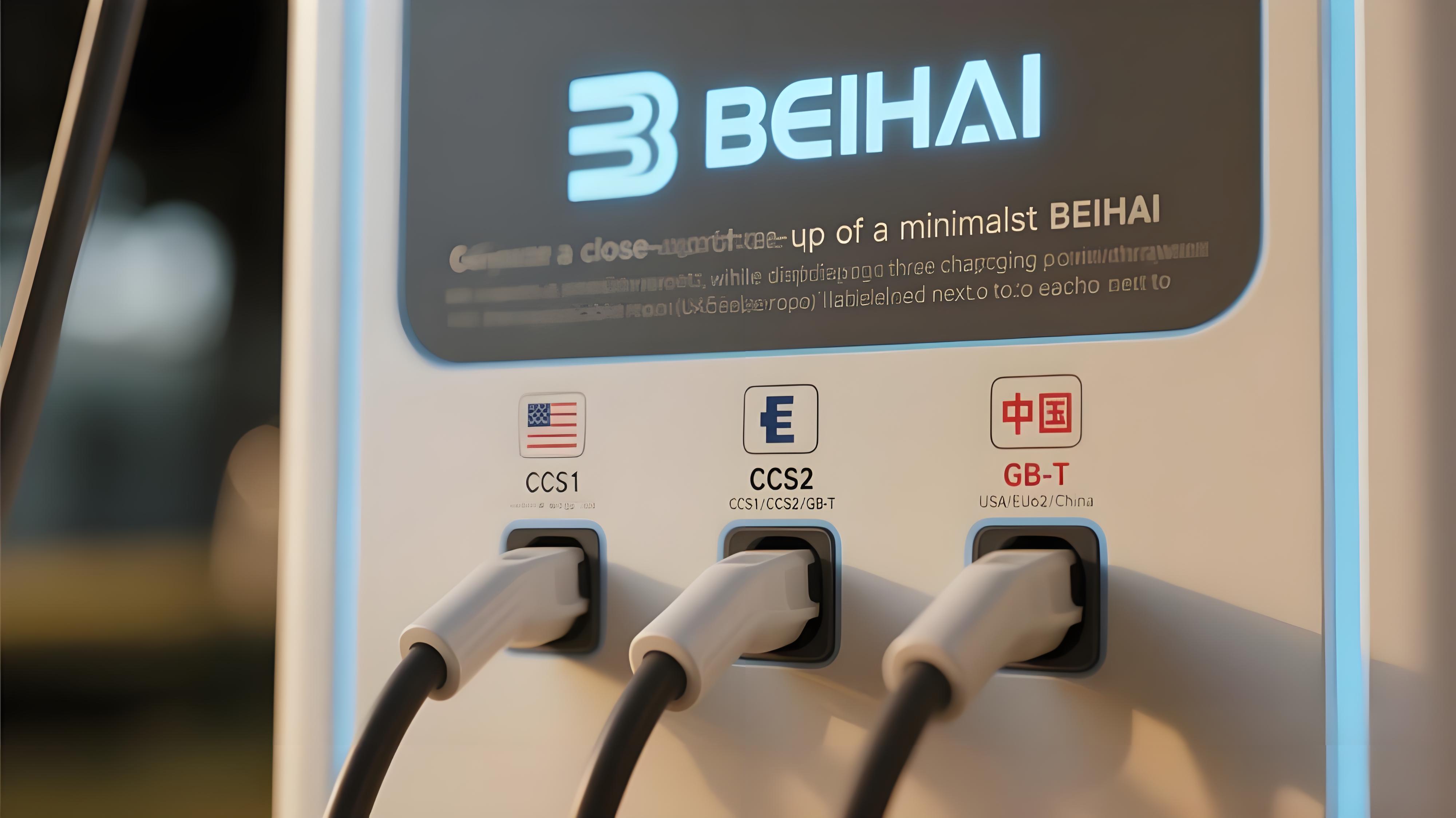As global momentum for electric vehicles (EVs) accelerates, the Middle East and Central Asia are emerging as pivotal regions for charging infrastructure development. Driven by ambitious government policies, rapid market adoption, and cross-border collaborations, the EV charging industry is poised for transformative growth. Here’s an in-depth analysis of the trends shaping this sector.
1. Policy-Driven Infrastructure Expansion
Middle East:
- Saudi Arabia aims to install 50,000 charging stations by 2025, backed by its Vision 2030 and Green Initiative, which include tax exemptions and subsidies for EV buyers.
- UAE leads the region with a 40% EV market share and plans to deploy 1,000 public charging stations by 2025. The UAEV initiative, a joint venture between the government and Adnoc Distribution, is building a nationwide charging network.
- Turkey supports its domestic EV brand TOGG while expanding charging infrastructure to meet rising demand.
Central Asia:
- Uzbekistan, the region’s EV pioneer, has grown from 100 charging stations in 2022 to over 1,000 in 2024, with a target of 25,000 by 2033. Over 75% of its DC fast chargers adopt China’s GB/T standard.
- Kazakhstan plans to establish 8,000 charging stations by 2030, focusing on highways and urban hubs.

2. Surging Market Demand
- EV Adoption: Middle Eastern EV sales are projected to grow at a 23.2% CAGR, reaching $9.42 billion by 2029. Saudi Arabia and the UAE dominate, with EV interest rates exceeding 70% among consumers.
- Public Transport Electrification: The UAE’s Dubai targets 42,000 EVs by 2030, while Uzbekistan’s TOKBOR operates 400 charging stations serving 80,000 users.
- Chinese Dominance: Chinese brands like BYD and Chery lead in both regions. BYD’s Uzbekistan factory produces 30,000 EVs annually, and its models account for 30% of Saudi EV imports.
3. Technological Innovation & Compatibility
- High-Power Charging: Ultra-fast 350kW DC chargers are being deployed in Saudi highways, reducing charging times to 15 minutes for 80% capacity.
- Smart Grid Integration: Solar-powered stations and Vehicle-to-Grid (V2G) systems are gaining traction. The UAE’s Bee’ah is developing the Middle East’s first EV battery recycling facility to support circular economies.
- Multi-Standard Solutions: Chargers compatible with CCS2, GB/T, and CHAdeMO are critical for cross-regional interoperability. Uzbekistan’s reliance on Chinese GB/T chargers highlights this trend.

4. Strategic Partnerships & Investments
- Chinese Collaboration: Over 90% of Uzbekistan’s charging equipment is sourced from China, with companies like Henan Sudao committing to build 50,000 stations by 2033. In the Middle East, Saudi CEER’s EV plant, constructed with Chinese partners, will produce 30,000 vehicles annually by 2025.
- Regional Exhibitions: Events like the Middle East & Africa EVS Expo (2025) and Uzbekistan EV & Charging Pile Exhibition (April 2025) are fostering technology exchange and investment.
5. Challenges & Opportunities
- Infrastructure Gaps: While urban centers thrive, rural areas in Central Asia and parts of the Middle East lag. Kazakhstan’s charging network remains concentrated in cities like Astana and Almaty.
- Renewable Integration: Solar-rich nations like Uzbekistan (320 sunny days/year) and Saudi Arabia are ideal for solar-charging hybrids.
- Policy Harmonization: Standardizing regulations across borders, as seen in ASEAN-EU collaborations, could unlock regional EV ecosystems.
Future Outlook
- By 2030, the Middle East and Central Asia will witness:
- 50,000+ charging stations across Saudi Arabia and Uzbekistan.
- 30% EV penetration in major cities like Riyadh and Tashkent.
- Solar-powered charging hubs dominating arid regions, reducing grid dependency.
Why Invest Now?
- First-Mover Advantage: Early entrants can secure partnerships with governments and utilities.
- Scalable Models: Modular charging systems suit both urban clusters and remote highways.
- Policy Incentives: Tax breaks (e.g., Uzbekistan’s duty-free EV imports) and subsidies lower entry barriers.
Join the Charging Revolution
From the deserts of Saudi Arabia to the Silk Road cities of Uzbekistan, the EV charging industry is redefining mobility. With cutting-edge technology, strategic alliances, and unwavering policy support, this sector promises unparalleled growth for innovators ready to power the future.
Post time: Apr-28-2025




